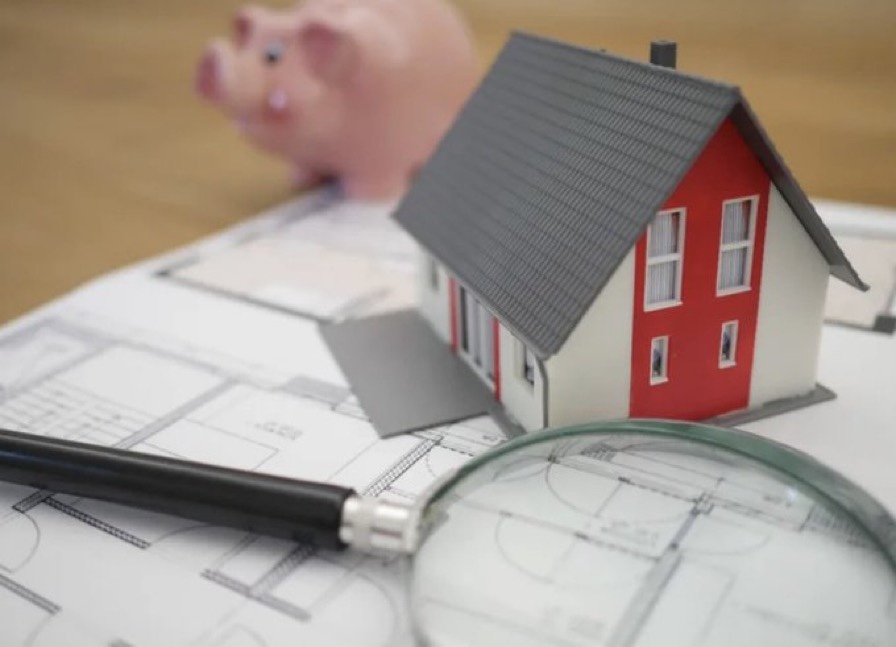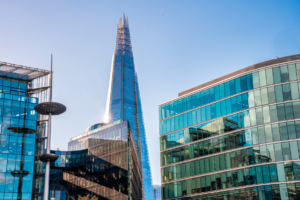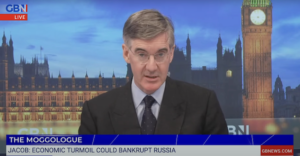Property crash could take almost seven years to reverse

Research by property purchasing specialist, House Buyer Bureau, suggests that should recession hit, it could take the UK property market nearly seven years to recover when it comes to reversing the decline seen in property prices.
House Buyer Bureau analysed the house price data across the UK market in the lead up to, and the duration of, the last property market crash.
The research shows that when recession hit in April 2008, the average UK house prices was £183,148. By the time the nation emerged from recession in June 2009, property values had plummeted by -12.9% to an average of £159,561.
The average house price didn’t return to the same level seen when recession hit until April 2014, meaning the market recovery period spanned 58 months, almost five years.
However, the research by House Buyer Bureau also shows that recession itself doesn’t signal the start of a financial crisis and usually follows some seven to eight months after.
In fact, the data shows that the property market actually peaked in September 2007, eight months before recession hit.
At this point, the average UK house price was £190,032 and it wasn’t until August 2014 when the market returned to this house price high.
As a result, it took 83 months, almost seven years, for the UK property market to go full circle from the point property values started to drop until they returned to their pre-financial crisis high.
Managing Director of House Buyer Bureau, Chris Hodgkinson, commented:
“The property market is cyclical in nature and we’ve seen time and time again how resilient it can be when it comes to bouncing back following a crash.
That’s not to say that patience isn’t required on the part of the nation’s homeowners as historic data shows that should we see a correction in the current market, it may be some years before we return to the heady house price highs spurred by the pandemic property market boom.
Of course, it’s important to note that 2008 was a particularly sizeable correction, caused by some extremely irresponsible practices on the part of lenders and so we’re unlikely to see these events replicated in the current landscape.
However, we have just enjoyed an extremely prolonged period of record low interest rates with many buyers borrowing beyond their means to climb the ladder. With mortgage rates now on the up, another generation of homeowners are now struggling with the inflated cost of their monthly payments, while many more buyers are finding they simply don’t have the purchasing power they may have had a few months back.
While we’re not seeing the same volatile conditions of 2008, this pressure on our household finances is sure to dampen the high rates of house price growth enjoyed since the start of the pandemic.”




